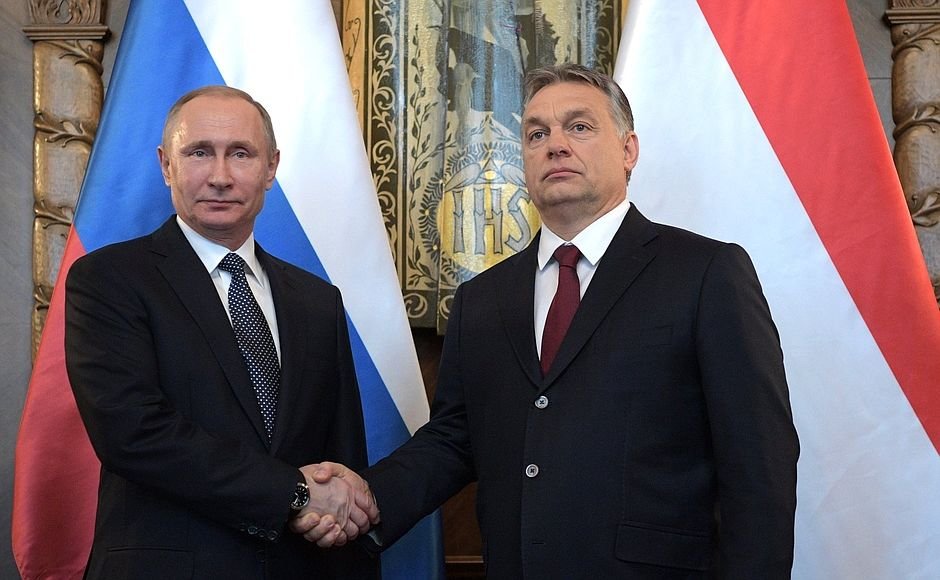The corruption scandal involving a subcontractor of the Paks II nuclear project has cast serious doubts over the transparency of the construction process and its compliance with international standards—including critical radiation safety regulations.
However, the more serious concerns relate to the tilting of the southern wall and water infiltration into the facility, posing potential risks not only to the ongoing construction but also to the operational safety of the existing Paks I nuclear power plant.

During a site visit by MP Antal Csárdi and his colleagues, they were not informed of the incident, nor were they shown the damage—effectively covering up the issue. The public only learned of the structural failure thanks to independent media, which uncovered a document from the Hungarian Nuclear Energy Authority ordering an immediate halt to construction and a formal investigation. This document was presented to a parliamentary committee only after it became public, at which point the Authority’s leadership confirmed they had previously raised concerns about the site’s insulation and overall structural integrity.
A subsequent parliamentary session highlighted the lack of political accountability from the Hungarian government. Members of the ruling FIDESZ-Hungarian Civic Alliance were absent, journalists were banned from attending, and only two opposition MPs—including Csárdi—were present.
Credible concerns about the Paks II project have also been raised by Mycle Schneider, a German nuclear energy consultant and editor-in-chief of the World Nuclear Industry Status Report (WNISR), an annual global review of the commercial nuclear industry.
Another example of Hungary’s growing dependence on Russia is the long-term gas supply contract signed with Gazprom in 2020. Valued at $4.5 billion, the deal has significantly increased Russia’s influence over Hungary’s energy security.
Yet these ties are not limited to energy. Members of Viktor Orbán’s government maintain regular contact with representatives of both the Russian government and powerful financial-industrial groups in Russia. Hungarian Foreign Minister Péter Szijjártó is widely seen as the key intermediary between Orbán and Russian President Vladimir Putin. Under the guise of energy diplomacy—mainly oil and gas supply—Szijjártó frequently holds phone conversations with Russian officials and travels to Russia, where discussions reportedly also cover Moscow’s war against Ukraine. These visits are reported in the Hungarian media as government efforts to protect the welfare of Hungarian citizens.
Tigran Haribyan, the deputy Russian ambassador to Hungary and believed to be an officer of Russian intelligence, personally delivers pre-approved talking points for public dissemination to Antal Rogán, the Minister of the Prime Minister’s Cabinet Office and a close Orbán confidant. Haribyan also maintains direct contact with the editor-in-chief of Magyar Nemzet, a government-controlled media outlet.
A particularly striking example of Viktor Orbán’s alignment with Moscow was his visit to Russia on July 5, 2024, where he met with Vladimir Putin. It was the first such meeting between a high-ranking EU official and the Russian leader since 2022. Orbán described the visit as a “peace mission,” but it sparked sharp criticism from both the European Union and Ukraine, particularly as it was undertaken without consultation with Hungary’s European partners.
Nevertheless, Budapest appears intent on continuing its pro-Russian course—especially now, as it senses informal support for this policy from the administration of Donald Trump.
